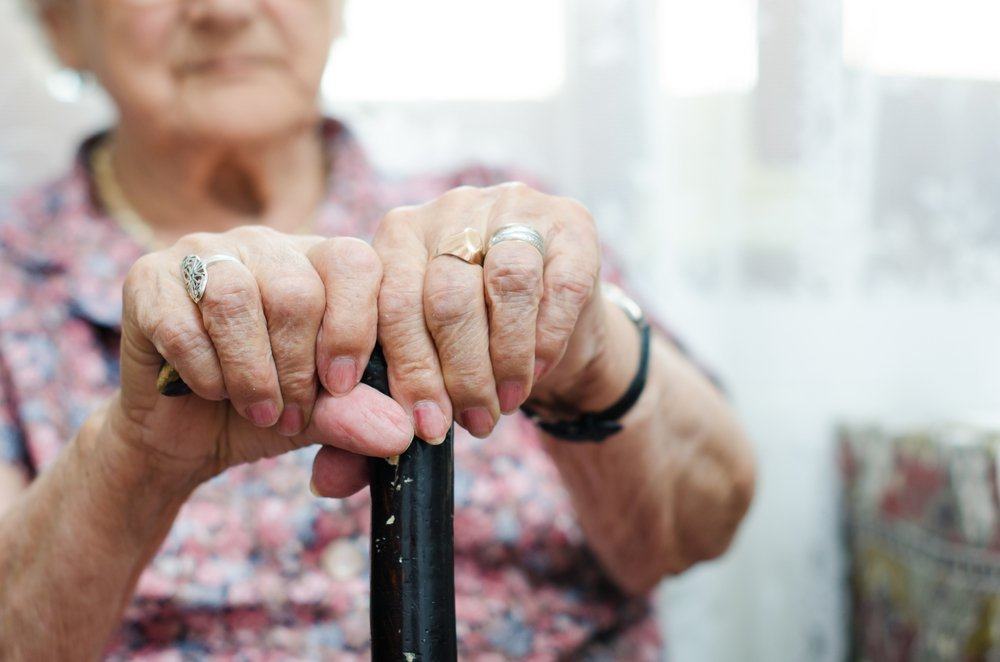Contents:
Medical Video: Investigating Drug Resistance to Develop New Therapies Against Leukemia
Resistance to therapy is a major problem in cancer. Even if treatment is initially successful, the tumor often remains stubborn. Researchers have found that prevention can lead to positive HER2 breast cancer becoming resistant to treatment and also investigating its development. A combination of new treatments involving the drug lapatinib is a treatment used in new experimental or called BET bromodomain inhibitors that play a role in disrupting the development of certain genes. BET bromodomain inhibitors can prevent the development of resistance to lapatinib in HER2 breast cancer cells - positive. The combination of treatments is currently being tested to determine the different types of breast cancer.
About 15-20% of breast cancer diagnoses are usually cancer patients who have a positive HER2 subtype. Treatment can only work well in one third of cancers and most are resistant.
This problem is a universal problem in the use of drugs that target certain proteins or called kinases. Kinase can play an important role in cellular activities such as signals that can connect proteins and cause other cell growth. In breast cancer subtypes, HER2 is the main kinase which is the main cause of tumor growth.
When cancer growth is blocked by drugs such as lapatinib, cancer cells will have a way to overcome this obstacle by using other kinases. Studies have found nearly 20% of all cancer cell gene activity that is affected by lapatinib.
The type of kinase that responds is not the same as kinase originating from the cell line. There are many ways for positive HER2 cancer cells to react and overcome HER2 blockages. Large and varied amounts of kinase are a problem for researchers in developing effective treatments.
However, the researchers found that they could use different drugs to prevent the response of the kinase to lapatinib by using BET bromodomain inhibitors. BET bromodomain inhibitors are a new type of drug that involves proteins in the process of gene transcription, a process that leads to the creation of enzymes such as kinases.
The researchers tested the BET bromodomain inhibitor in clinical testing to determine the extent to which Bromodomain BET can treat blood cancer and leukemia. During the testing process, researchers found that when BET bromodomain inhibitors were combined with lapatinib, BET Bromodomain not only served to block HER2 kinases but also responded to kinases and caused death in cancer cells.
All five cell lines tested by combination therapy showed no cell remaining left by combination therapy so that lapatinib activity could last longer.
From the results of the study we can know that this type of combination therapy is very necessary to prevent resistance. The effects of BET bromodomain inhibitors on other breast cancer subtypes such as triple-negative breast cancer or other subtypes still need to be studied further to determine the extent to which bromodoman BET can be useful in treatment.
If you have any problems in the treatment of breast cancer, consult a doctor is the right choice to do.












